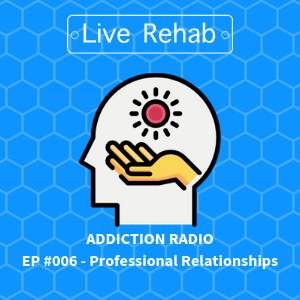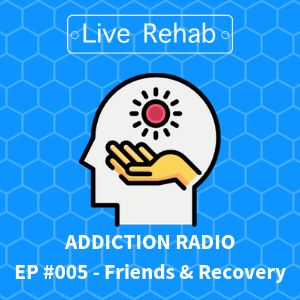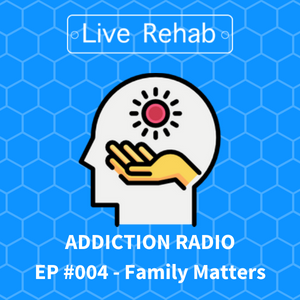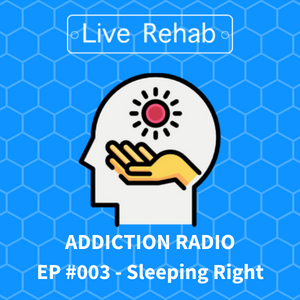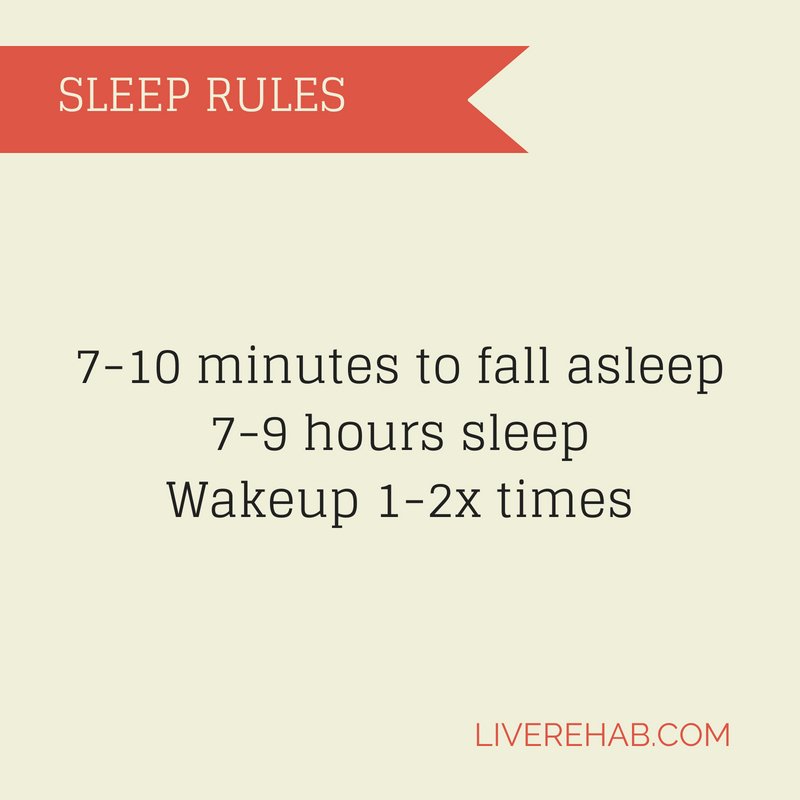Podcast: Play in new window | Download
Subscribe: Apple Podcasts | RSS
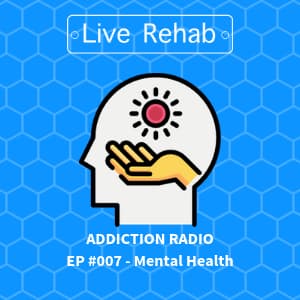
What is it about mental health and addiction that go together so frequently? It’s a question we wanted to dive into during this months podcast episode. Upfront, we’d like to just say that they don’t have to go together and they are definitely not always linked in ways you might think. However, we do frequently hear from people who ask about this very subject.
Mental health is an important subject to consider when talking about addiction.
Do you have a mental issue that is perhaps the cause of your addiction?
Did your addiction potentially cause a mental health issue for you?
What came first? The Chicken or the egg theory.
There’s this thing in the addiction community called the chicken or the egg theory. We talk about this when we talk about co-occurring disorders. A co-occuring disorder is when someone is diagnosed with a mental health disorder as well as a substance use disorder. The reason we call it the chicken or the egg theory is because many times we don’t know what came first.
Co-occurring disorders – why you have to treat both at the same time
If you were already struggling with a mental health disorder then it’s important that you treat that at the same time as your addiction.. You’re going to need the help of a mental health professional.
Here’s why you must treat both at the same time.
You can go into recovery from a substance use disorder by simply not drinking or taking any mind altering substances. That’s great if that happens and for some, that’s all that’s needed to live a productive healthy life. But for others, there’s much more to it than that.
Unsure? Take the 30 day test
Oftentimes, in the beginning of sobriety, people go through the honeymoon phase. This means that after detox they feel quite well, ambitious, and energetic. But then once real life starts to set back in, mental health symptoms may start to appear and triggers or post acute withdrawal syndrome start and start to become super strong. This is one of the main reasons for relapse. But if you’re armed with the knowledge of what to expect you can prevent this.
So, the 30 day test is this. If you stop your behavior or substance use for 30 days and you don’t have any major mental health struggles then you’re likely okay to just keep on doing what you’re doing and continuing to take care of your mental health by doing things from home. However, if after 30 day of abstaining from your addiction you still have mental health struggles such as anxiety, depression, thoughts of suicide, and so on then it’s important that you make an appointment with a mental health professional.
Those symptoms will not go away on their own.
You need to take action and take charge so that you can also obtain a life free from your addiction.
How to find a mental health professional in your area and what to expect.
So now that we’ve talked about how important it is to tackle your mental health at the same time as your addiction let’s talk about how to go about finding a mental health professional.
There are many ways you can talk to a professional. The first thing you’ll want to do it decide what kind of professional you need.
Some people start with counseling. Counseling is a good way to get professional help if you’re struggling with things are that are currently going on. Let’s say you’re dealing with the death of a loved one, having a hard time being a parent, or maybe you are having problems in your marriage. A counselor is there to counsel, to give professional advice.
Some of you may prefer a therapist. A therapist will provide you with therapy. There are different types of therapy that therapists can offer but in the grand scheme of things, a therapist will be able to treat psychological problems through therapy. So for example, if you are dealing with past trauma, severe anxiety, depression, etc. you may need therapy. Now therapists do not prescribe medication, they are skilled in a specific niche such as psychotherapy, cognitive behavioral therapy, family therapy, etc. You just need to do some research to find out what type of therapy may be best for you.
Then there are psychiatrists. Psychiatrists treat mental health disorders through the use of medication. They are the ones who will prescribe anxiety medication, anti depressants and so on. In order for a psychiatrist to prescribe medication though, you do need to have a mental health diagnosis.
If you’re unsure about what you need, many behavioral health centers offer what is called a mental health intake. A mental health intake is done by a mental health professional and it’s where you go in and sit down with someone for an a hour or two and they’ll ask you questions and then give their professional advice on what they think you may need.
Taking care of your mental health (self-care, etc.)
Taking care of your mental health should always be a priority for everyone. You should think of this on the same lines of how taking care of your physical health is important.
So there are things you can do proactively and in your everyday life to make sure your mental health is where it needs to be.
Self-care looks different for everyone and what you do depends on what your mind, body and soul need in certain situations or periods in your life. A solid self care plan has been shown to reduce anxiety, depression and can lift your overall mood and ability to cope with day to day situations.
A message from Live Rehab:
Are you looking for online rehab or alternatives to AA or NA?
Here at Live Rehab, our online drug and alcohol courses help people obtain sobriety without having to leave their homes.
Does rehab really work?
For some people, traditional rehab does work but it’s clear that the option is not for everyone. This is why we have created rehab alternatives. Taking courses online means you have the flexibility to work on your sobriety on your own time.
Visit liverehab.com/pricing for more information.
